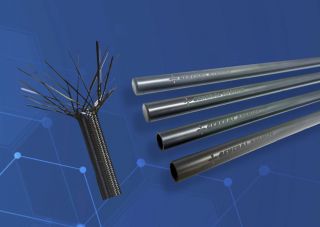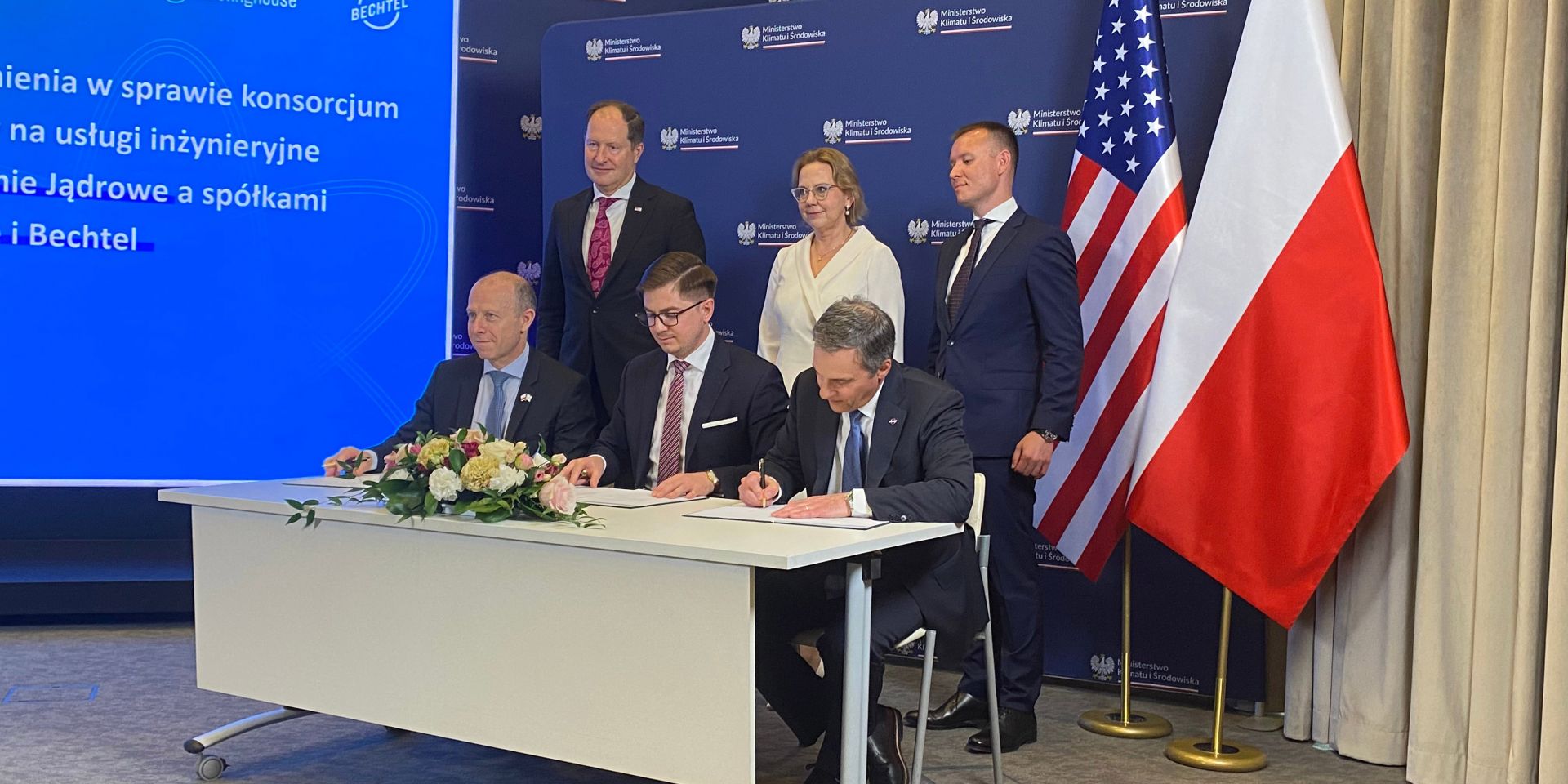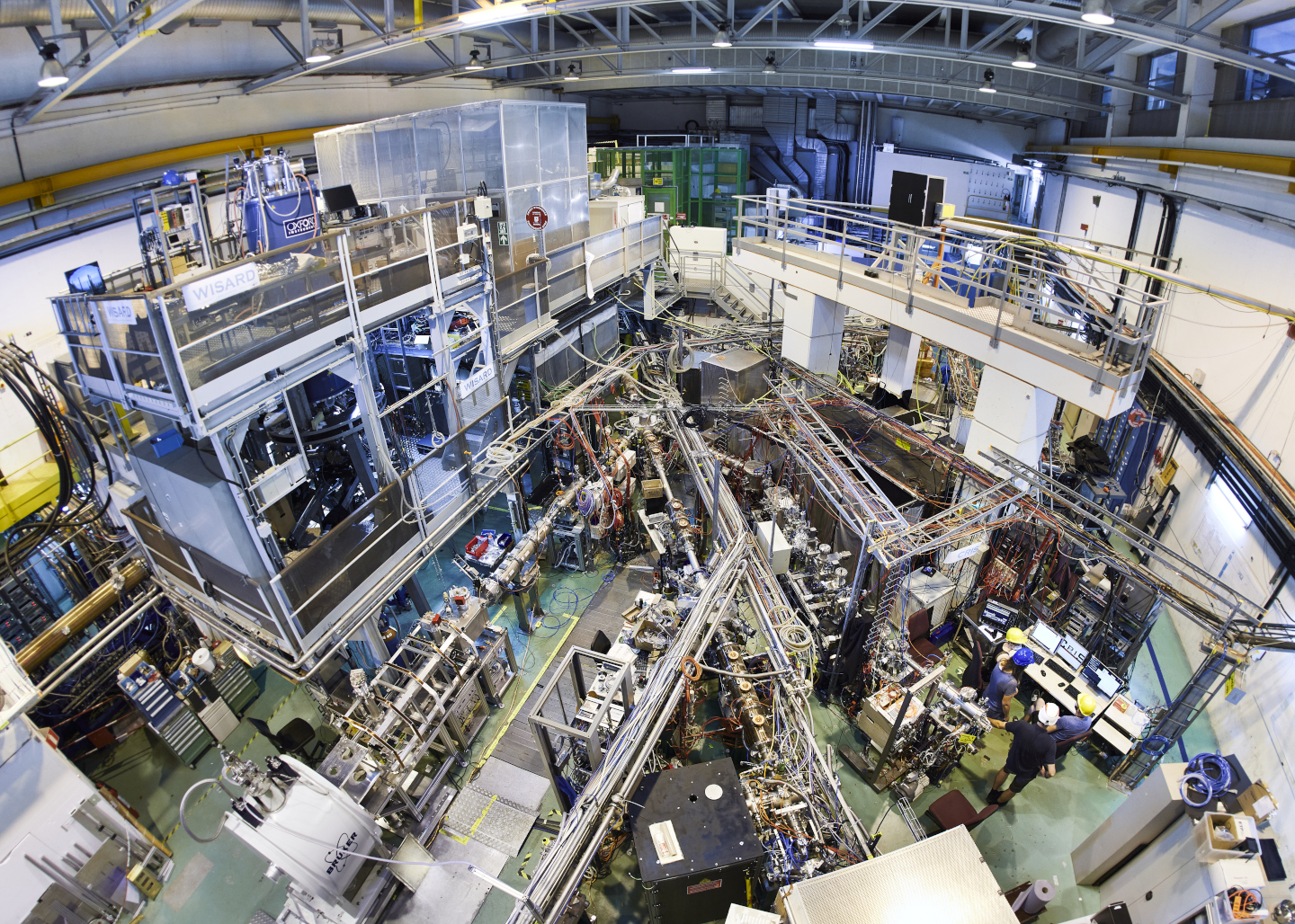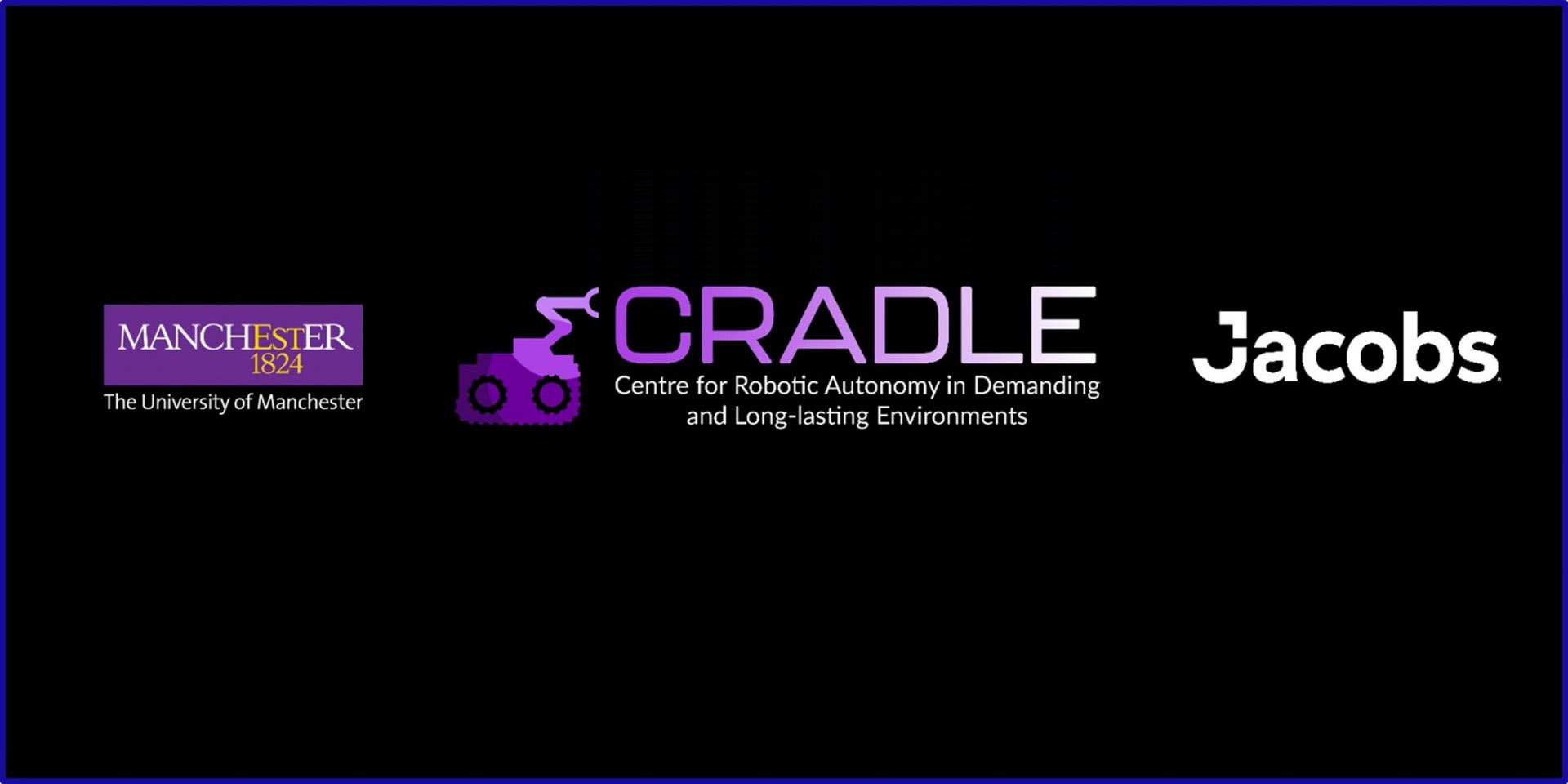The Vogtle-3 cooling tower in April. (Photo: Georgia Power)
The Vogtle expansion project’s Unit 3 reactor has attained 100 percent energy output—the first time it has reached its maximum expected output of approximately 1,100 MWe, Georgia Power announced yesterday.
Seated, from left, are Patrick Fragman, CEOof Westinghouse; Łukasz Młynarkiewicz, acting president of PEJ; and Craig Albert, president and chief operating officer of Bechtel. Standing, from left, are Mark Brzezinski, U.S. ambassador to Poland; Anna Moskwa, Poland’s minister of climate and environment; and Mateusz Berger, Poland’s government plenipotentiary for strategic energy infrastructure. (Photo: Westinghouse)
Westinghouse Electric Company, Bechtel, and Polish utility Polskie Elektrownie Jądrowe (PEJ)—the three firms leading the effort to build Poland’s first nuclear power plant—have announced the signing of a new agreement that defines the main principles of cooperation on the project’s design and construction and confirms the implementation of its next major stage.
The ISOLDE facility. (Photo: CERN)
Today’s atomic clocks are exceptional timepieces that won’t lose or gain a second in 30 billion years. But if you’re looking for even more precision, you’ll be glad to learn that physicists at CERN’s ISOLDE nuclear physics facility have observed the decay of thorium-229 nuclei trapped in a crystalline structure and confirmed the potential for a nuclear clock. CERN announced the news on May 24.
President Biden met with the leaders of Canada, France, Germany, Italy, Japan, and the United Kingdom at the G7 Summit, held May 19–21 in Hiroshima, Japan. (Also pictured are representatives of the European Commission and European Council.)
On the sidelines of the G7 summit in Hiroshima, Japan, over the weekend, the Biden administration and partners Japan, South Korea, and the United Arab Emirates announced a public-private commitment of up to $275 million to support the advancement of NuScale Power’s small modular reactor project in Romania.
INL prepares to ship PCAT by truck to Pennsylvania for testing. (Photo: INL)
An electric-powered prototype of MARVEL, the tiny microreactor designed and planned for operation inside the Transient Reactor Test (TREAT) facility at Idaho National Laboratory, has successfully been installed at a manufacturing facility in Pennsylvania ahead of a testing program that could begin as early as July, the Department of Energy announced on May 22.
Rendering of a radioisotope-powered satellite. (Image: Zeno Power Systems)
Zeno Power Systems was awarded a $30 million contract to build a radioisotope-powered satellite for the U.S. Air Force by 2025. According to a SpaceNews article announcing the development and quoting company cofounder and chief executive officer Tyler Bernstein, the four-year contract is a “strategic funding increase” (STRATFI) agreement that provides $15 million in government funds, matched by $15 million from private investors.
A Nucor electric arc furnace. (Photo: Nucor)
NuScale Power and steel manufacturer Nucor have signed a memorandum of understanding to explore the deployment of NuScale’s VOYGR small modular reactor plants at Nucor’s scrap-based electric arc furnace (EAF) steel mills, the Portland, Ore.–based SMR developer announced Tuesday.
The NWMO’s Laurie Swami (left) and the DOE’s Kathryn Huff sign a statement of intent to cooperate on used nuclear fuel management in Washington, D.C., on May 16. (Photo: CNW Group/NWMO)
The United States and Canada will cooperate on spent nuclear fuel management under a statement of intent (SOI) signed between the U.S. Department of Energy and the Nuclear Waste Management Organization, the nonprofit responsible for the management of Canada’s commercial spent fuel.
Westinghouse chief executive officer Patrick Fragman meets with Dominion Energy CEO Bob Blue on May 15 in Washington, D.C. (Photo: Westinghouse)
Westinghouse Electric Company has signed a contract with Dominion Energy to design, manufacture, and deliver replacement steam generators for Virginia’s Surry plant, the nuclear technology firm announced Tuesday.
Local officials, industry representatives, and others joined leaders from AECL, CNL, and GFP to mark the site of Canada’s first microreactor. (Photo: AECL)
An illustration of an IMSR plant. (Image: Terrestrial Energy)
Ontario–based Terrestrial Energy announced yesterday that its U.S. branch has been awarded a regulatory assistance grant from the Department of Energy to support the company’s Nuclear Regulatory Commission licensing program for the Integral Molten Salt Reactor (IMSR) plant.







 Both current and advanced nuclear are among the clean energy sources that will be
Both current and advanced nuclear are among the clean energy sources that will be 








